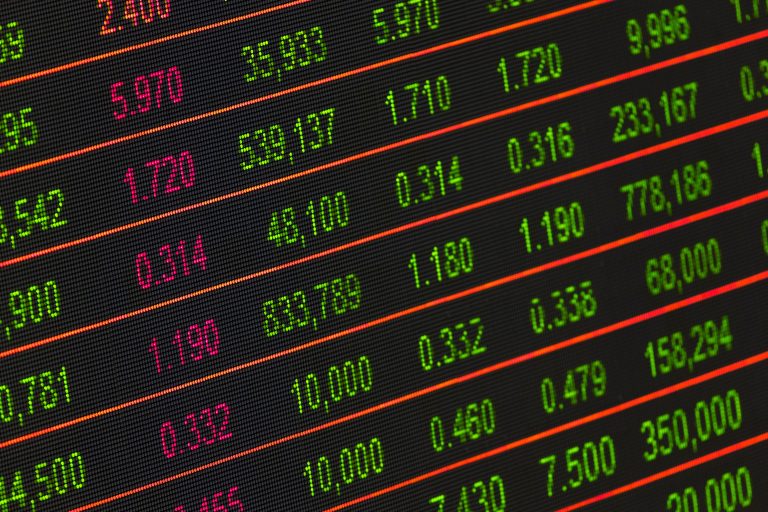Stock trading is now and will always be one of the hottest markets attracting all kinds of traders to the mix. So whether you’re a position trader, a day trader, a small trader or a prominent trader the stock market is a trade you’ll indeed consider–and it’s no surprise why!
This market is one of the trades that best support potential growth in trade in the long run. Plus it’s liquid, flexible, can diversify your portfolio, protect your money from inflation and taxes and overall help you maximize your investments!
But something common starting traders feel about stocks –INTIMIDATING. And rightfully so, stocks can be quite intimidating to the untrained eye, but once you get to know this trade, even just its basics, you’ll understand and even catch interest in taking it on.
To help you know if stocks are for you or not, consider checking out the list of FAQs below! This is to help you understand and get to know stocks a little bit more.
What are stocks?
A share of stock denotes ownership in a corporation. Owning a stock makes you a shareholder, giving you access to the company’s resources and profits but this may vary depending on the type of stock you get.
Stocks essentially relate to the inventory of products or items that a business has for the sole purpose of marketing them to consumers and reflecting products that are made available for purchase as part of a business’s ongoing operations.
Finished goods, unprocessed products, things that are still under development, or components that are needed in the production process can all be included in stocks. And stocks in trade for retailers generally consist of the goods they buy from providers and offer for sale to customers.
A stock trader’s obligations include carrying out transactions on several stock exchanges. They might deal in stocks of certain firms, ETFs, options, futures contracts or other financial derivatives.
How do beginners trade stocks?
As a beginner, you first need to know what kind of stock you want to invest in and what investing account is best for your trading style. These two are pretty critical choices to make since they can greatly affect your trading experience and profit.
How do I choose which stocks to buy?
A good way to pick out a stock to invest in is by first doing your research and analysing the factors. Factors you need to consider are the company’s financial state, industry trends, profit potential, management team and of course market conditions.
But if you’re torn with multiple choices why not invest in multiple stocks, ones you can afford? Investing in multiple stocks is a common thing most traders do to diversify their portfolios and also hedge.
How do I buy stocks?
One of the most efficient ways to buy stocks is by doing it with a brokerage. But first, you need to look for one that’s reputable, credible, offers good platform features and tools, has tight spreads and offers you variety in your desired market.
Once you pick out a good brokerage you can now register and open an account! As a starting trader, however, we recommend you try out a demo account first.
Demo accounts allow traders to get a feel of what it’s like to actually trade. And whatever market you want to practice on such as forex, indices, stocks and so on, you can bet to practice comfortably along with trading tools, charts and so on.
Or you can go ahead and open a live account. All you need to do next is register, set up and allocate your budget for stock trading, come up with the required deposit and start trading! Remember though, only trade what you can afford.
What is a stock market index?
A statistical instrument for monitoring developments in the financial markets is a stock market index. The Dow Jones Industrial Average (DJIA), the FTSE 100, and others are examples. The indices are indicators of performance that show how well a particular market sector or the stock market as its entirety is performing.
How can I profit from stocks?
The two primary methods of profiting from stocks: dividends and capital growth. When the price of the stock rises, you can sell it for a profit thanks to capital appreciation. Dividends are regular payments provided to investors as a portion of earnings by some corporations.
What does a BULL and BEAR market mean?
A Bull and a Bear market are common terms you’ll be hearing a lot in trade. Basically, a bull market is characterised by rising stock prices and a generally optimistic investor attitude. And the bear market is characterized by dropping stock values and negative market sentiment.




















0 Comments